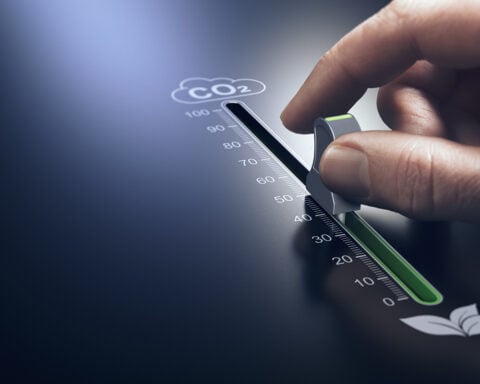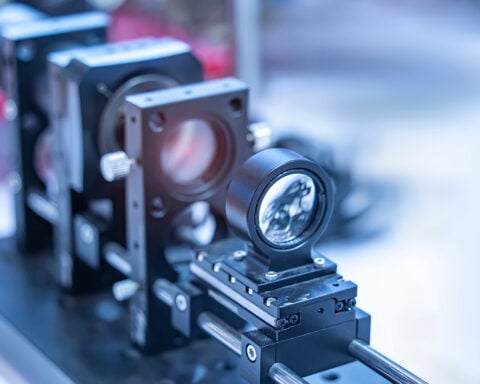In the quest for a sustainable future, energy storage emerges as a pivotal factor. BaroMar, an inventive energy storage company, is set to disrupt the industry with its pioneering approach: seabed batteries. Leveraging the pressure of deep seawater, these batteries promise a more economical and efficient solution to stabilize renewable energy on a grid scale.
The global transition towards zero-carbon energy, such as solar and wind power, gains momentum, with ambitious targets aiming for net-zero emissions by 2050. However, the intermittent nature of renewable energy sources poses challenges for maintaining a stable and reliable power supply. Efficient energy storage systems become crucial to store surplus energy during peak production and release it during periods of high demand or low renewable output.
BaroMar’s innovation lies in a novel application of compressed air energy storage (CAES) technology, harnessing the natural pressure of deep ocean water for energy storage. Unlike traditional CAES systems that require costly infrastructure for underground air reservoirs, BaroMar’s seabed batteries utilize large concrete and steel tanks submerged in coastal waters, filled with rocks to anchor them.
The process begins by filling the tanks with seawater, which permeates through water-permeable valves. When energy needs to be stored, air gets pumped into the tanks through hoses, displacing water and compressing the air. This compressed air is then released to power turbines and generators when energy is needed, driving a thermal recovery system and turbo expander to produce electricity.
Partnering with Jacobs, a leading engineering firm, BaroMar aims to develop and implement this innovative technology. The pilot project, slated for installation in Cyprus, targets a round-trip efficiency of 70%, comparable to traditional CAES systems. While the initial energy storage capacity of the pilot project may be modest compared to existing facilities in China, the scalability and cost-effectiveness of seabed batteries offer great promise for widespread adoption.
Despite its potential advantages, the implementation of seabed batteries presents unique challenges. Designing and deploying underwater infrastructure necessitates extensive feasibility studies and geotechnical surveys to ensure long-term reliability and durability. Nevertheless, if successful, this new approach could revolutionize energy storage, providing a more affordable and scalable solution for urban centers worldwide.
The benefits of seabed batteries go beyond cost savings. By harnessing natural resources like seawater pressure, this innovative technology minimizes environmental impact and reduces reliance on traditional energy sources. Furthermore, its scalability allows adaptation to varying energy demands and geographical locations, making it an appealing option for regions transitioning to renewable energy.
As the world progresses towards a sustainable energy future, solutions like seabed batteries offer hope for achieving ambitious climate targets. BaroMar’s pioneering efforts represent a significant stride in the pursuit of efficient and accessible energy storage, paving the way for a greener and more resilient global energy infrastructure.
The emergence of seabed batteries marks a transformative moment in energy storage technology. With the potential to revolutionize grid-level energy storage, these innovative systems provide a glimpse into a future powered by renewable energy sources, where sustainability and affordability are intertwined.







